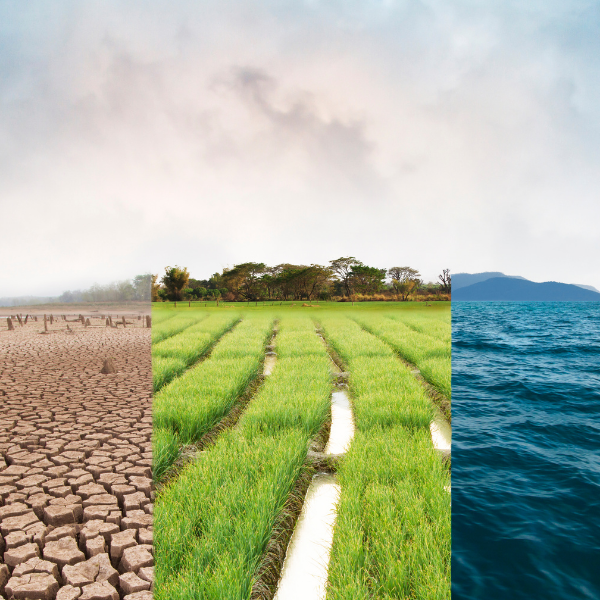According to Tom Brookes, member of the Executive Committee of the European Climate Foundation, the role of philanthropy in addressing the climate crisis is indispensable. By 2030, humanity will have two possible paths to choose from: one towards sustainability, repairing and protecting the ecosystem, and the other towards the sixth mass extinction.
When talking about the climate crisis, it is important to understand that this is a phenomenon that impacts all spheres of life. The implications of the climate crisis expose the problems of every thematic community: from human rights and women’s rights to education and public health, from migration and inclusion to development and governance, racial justice and equity, all sectors of Civil Society will be affected. In the face of a collapsing ecosystem, differences in privilege, power and resources will be exacerbated. However, according to Brookes, the current chaotic juncture presents itself as a very valuable moment to reflect and become aware of our place in this world as individuals, communities and societies; as part of the ecosystem.
From Civil Society there are attempts to partner, develop a joint strategy and combine forces. While there seems to be consensus on the ultimate goal, the path towards an organized and cross-cutting work among different communities is not easy. This is where the role of philanthropy comes into play as a driver of social change towards a healthy planet, articulating responses and resources to create a collaborative strategy.
In general, civil society actors work on specific objectives according to their sphere of influence. While this allows for concrete results, it should not overshadow the idea that everything is connected. Brookes comments on the need to explore the possibilities of supporting each other and creating a wave of change that involves everyone. For this, it should be understood how “policies for a healthy planet can also become policies for a healthy society, and vice versa”. It is philanthropists who should take the lead in this process, further opening up forums for debate and discussion to new actors, weaving together diverse thematic communities. Unified action is indispensable.
Time is short and the balance of the climate system is being lost, as are the planet’s species and ecosystems. For Brookes, the ultimate goal is not to save the planet but to create a vision of society that has never existed before; to live in harmony with nature, accept differences, celebrate equality and promote peace. Thus, the 2020s are presented as a turning point to transform our reality.
To conclude, Brookes chose to take up Margaret Mead’s words, “Never doubt that a small group of thoughtful, committed citizens can change the world”, but she assures that this time, if we want to achieve this change, a large group of people walking together towards the same goal is needed.
For more information, visit https://dafne-online.eu/news/the-2020s-will-be-a-defining-decade-for-climate-action/

